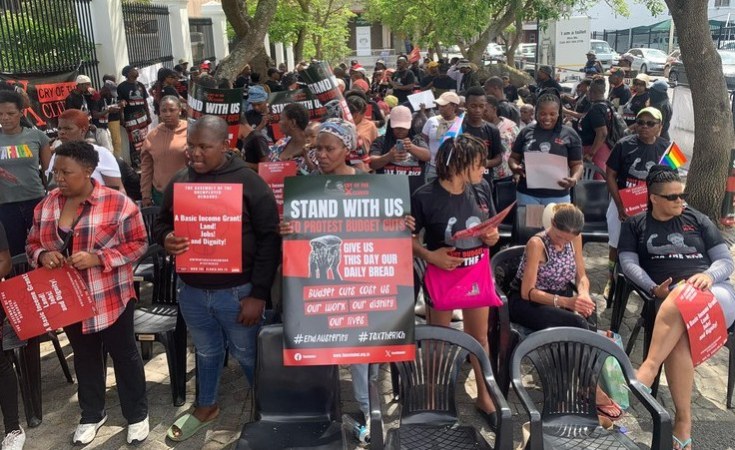After 15 years of spending more than it is able to collect from taxpayers, the South African government is now swimming in debt.
Finance Minister Enoch Godongwana painted this grim reality in Parliament on Wednesday when he presented the Treasury's Medium Term Budget Policy Statement.
He said government debt would rise "from R4.8 trillion in 2023/24 to R5.2 trillion in the next financial year".
By 2025 the national debt will exceed the R6 trillion mark.
"Government spending has exceeded revenue since the 2008 global financial crisis.
"These rising annual budget deficits have reached an extent where the government will borrow an average of R553 billion per year over the medium term," he said.
A large chunk of government spending is the salary bill of ministers and government employees, while the almost 700 state-owned enterprises have also been draining the coffers.
Eskom, which reported its biggest net loss at R24 billion, recently received a R254 billion bailout.
Add to that over R330 billion of Eskom debt, which is already government guaranteed.
Despite all this, Godongwana said he has found a way to extend the monthly SASSA R350 grant beyond the 2024 national general elections.
The South African Social Security Agency says at least 7.8 million people receive the grant, while a further 13 million have applied for it.
"R34 billion is allocated to extend the Covid-19 Social Relief of Distress grant by another year. Over the medium term, a provisional allocation is retained while a comprehensive review of the entire social grant system is finalised," said Godongwana.
He also found a way to fund the presidential employment initiative by another year.
President Cyril Ramaphosa hailed the initiative as a great success for creating over 1.2 million so-called "work opportunities".
Its critics say it dumped over 350,000 college and university graduates when the initiative ended in September.
Godongwana said he was able to breathe new life into the scheme "through repurposing of a portion of funds from existing public employment programmes such as the Expanded Public Works Programme and the Community Works Programme".
"A comprehensive review of public employment programmes is underway," he said.
While provinces like KwaZulu-Natal were failing to spend billions of rands allocated for national disaster relief, Godongwana allocated a further R1.6 billion to the repair of bridges and infrastructure damaged by the recent floods.


